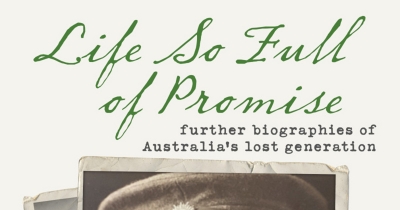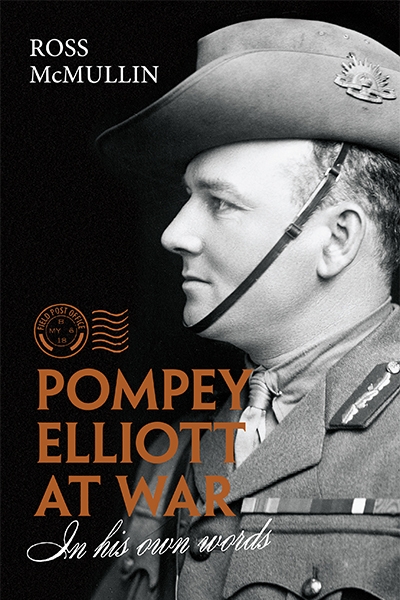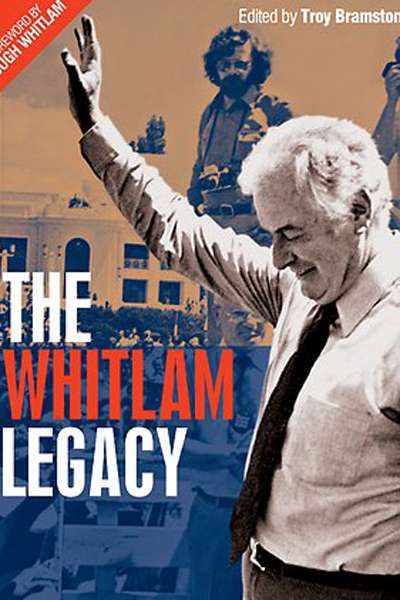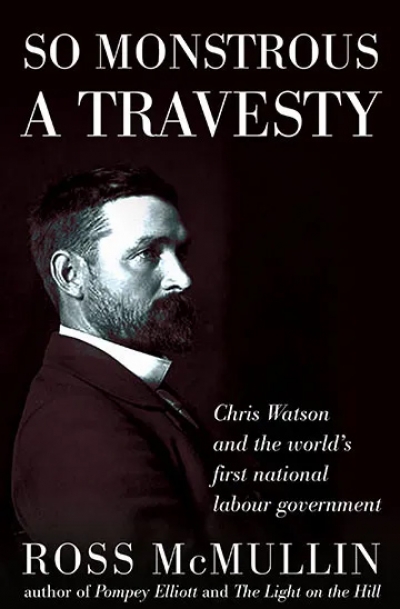Ross McMullin
Ross McMullin’s latest book Life So Full of Promise: Further biographies of Australia’s lost generation (2023) is his sequel to Farewell, Dear People (2012), which was awarded the Prime Minister’s Prize for Australian History. His previous biographies include Pompey Elliott (2002) and Will Dyson: Australia’s radical genius (2006). His political histories are The Light on the Hill (1991) and So Monstrous a Travesty: Chris Watson and the World’s first national labour government (2004).
... (read more)Life So Full Of Promise: Further biographies of Australia’s lost generation by Ross McMullin
by Raelene Frances •
So Monstrous a Travesty: Chris Watson and the world's first national labour government by Ross McMullin
by Frank Bongiorno •







